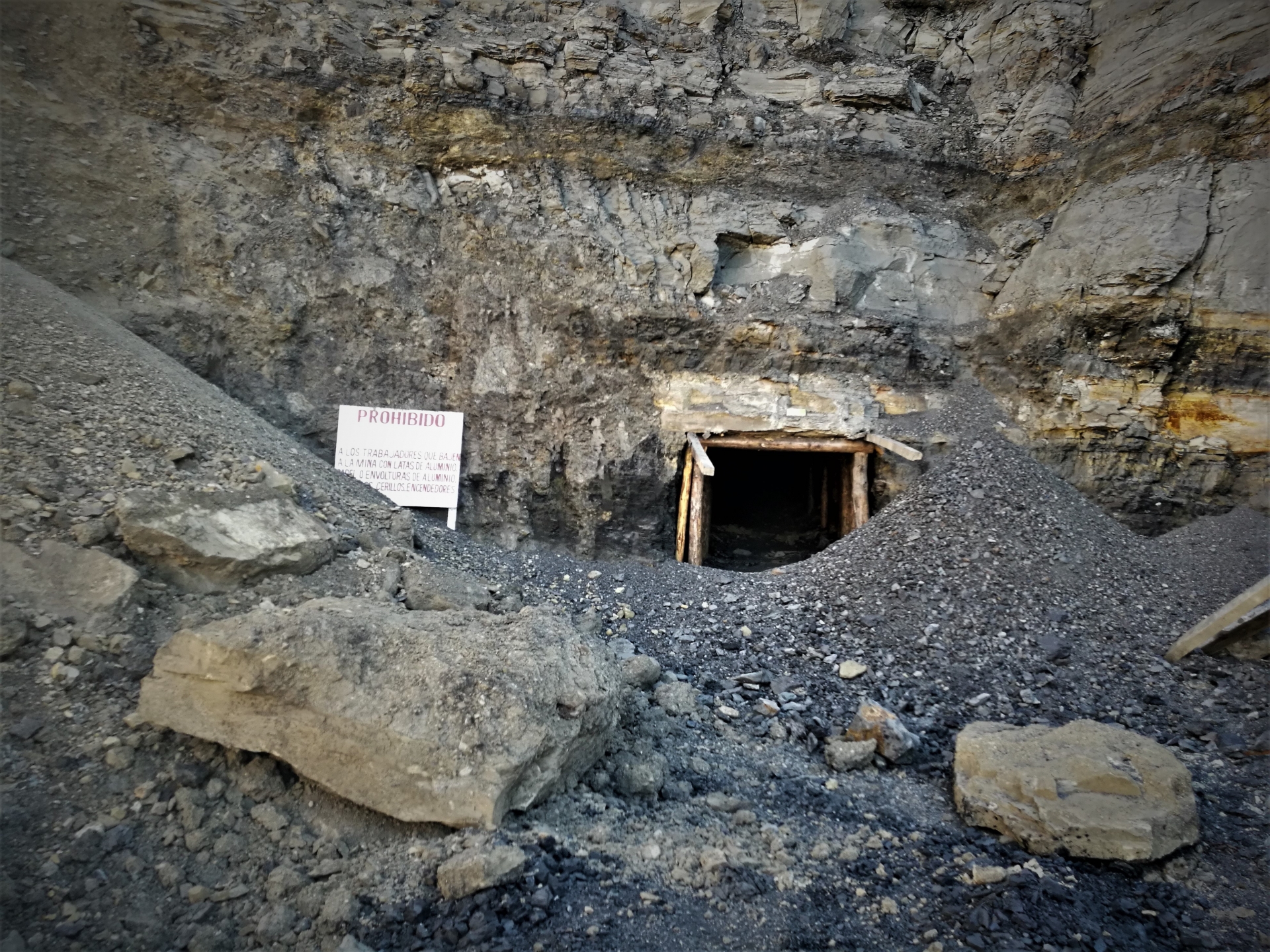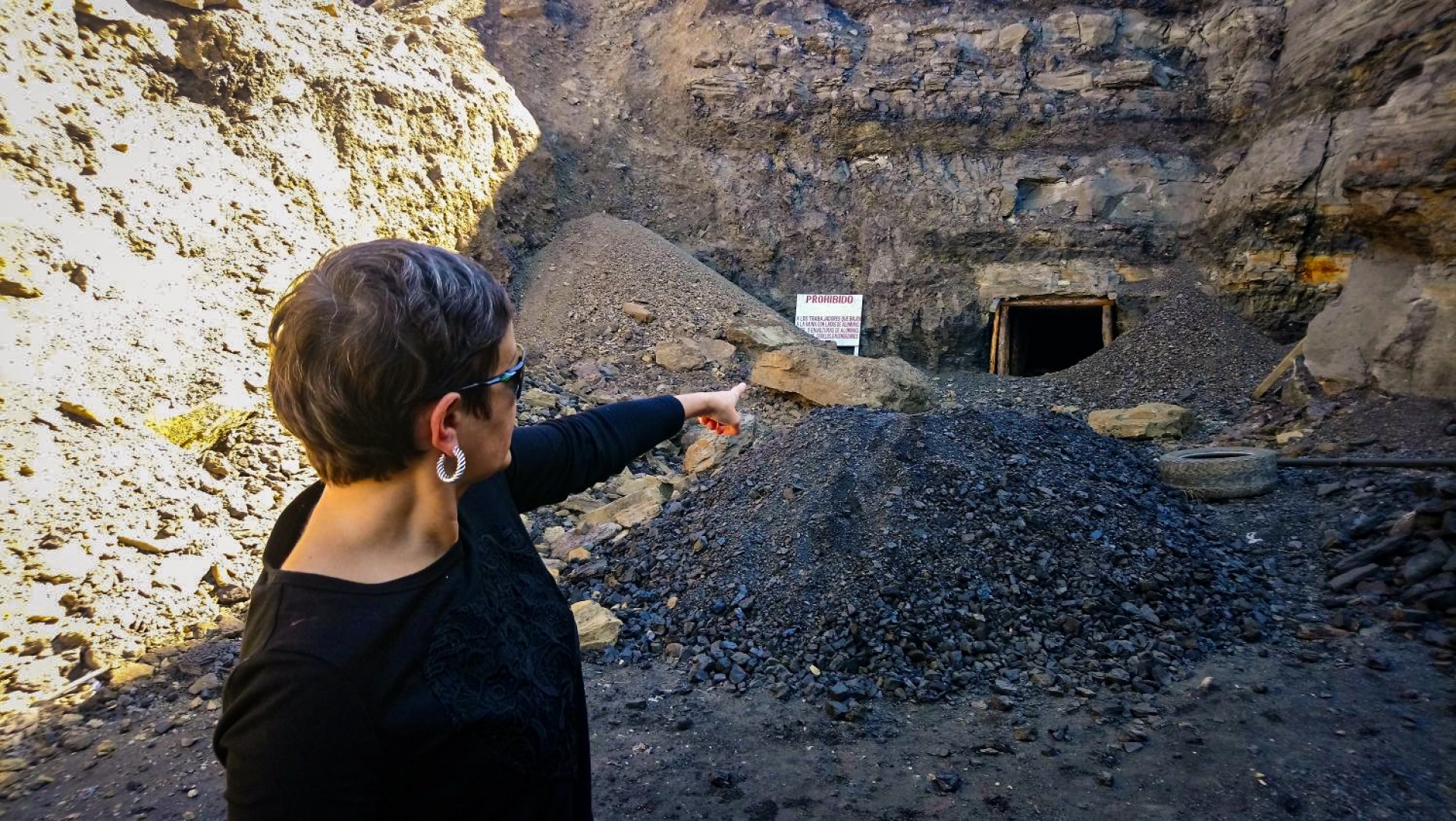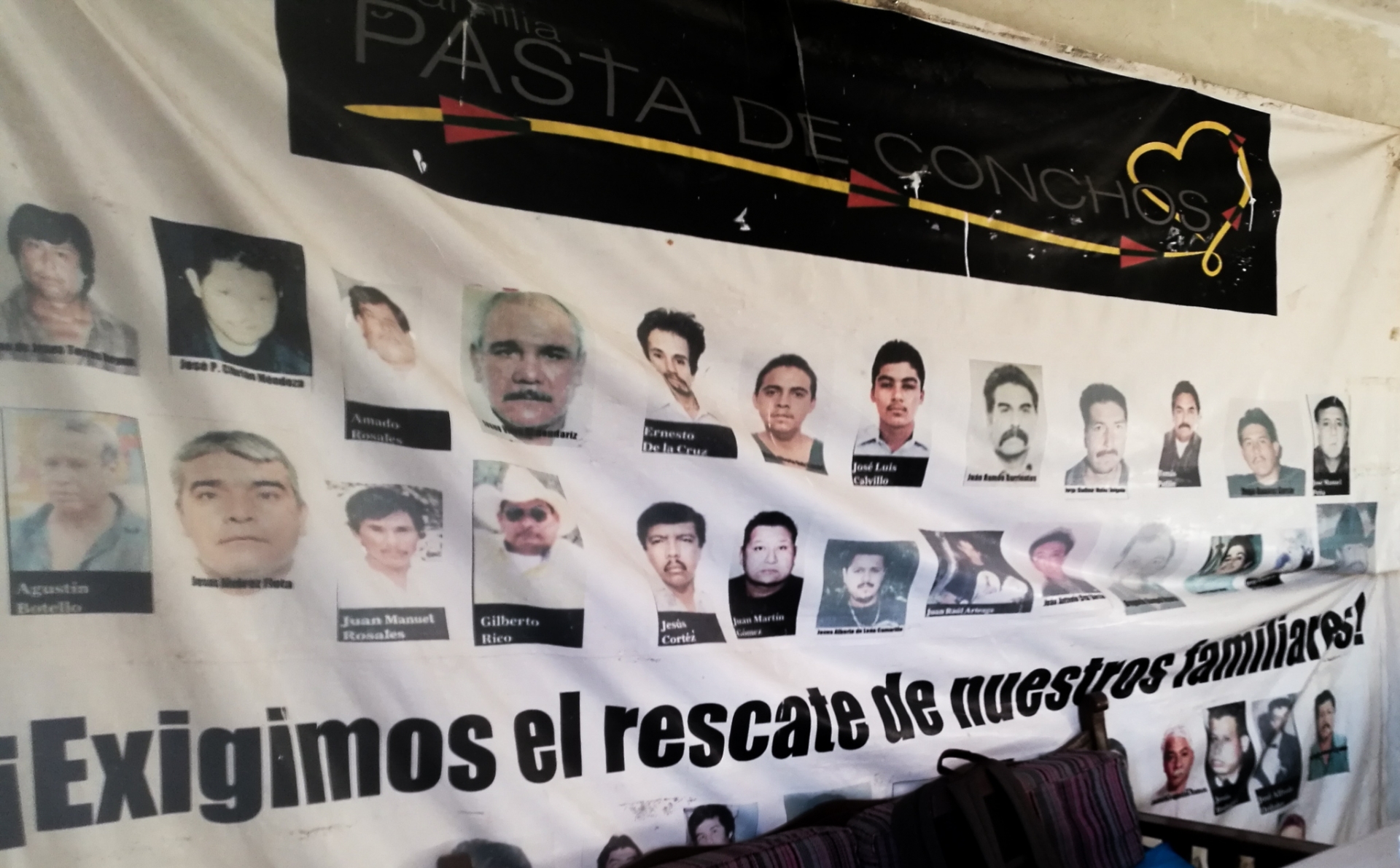The organisation Pasta de Conchos (Organización Familia Pasta de Conchos) was established in 2006 following the mining accident that killed 65 miners in the Pasta de Conchos mine, Coahuila, Mexico. In addition to working to recover the bodies that remains inside the mine, OFPC works to improve the working conditions of the miners.
In Mexico, the government have classified mining activity as “essential work", meaning that miners have had to continue working in the mines despite the pandemic. It is very difficult to keep social distance in the small coal mines, and the workers who are already exposed to other dangerous working conditions in the mines, have also risked becoming infected with COVID-19. But facing the choice of either staying at home with no income, or go to work, many miners have chosen to continue working in the mines to be able to support their families.




